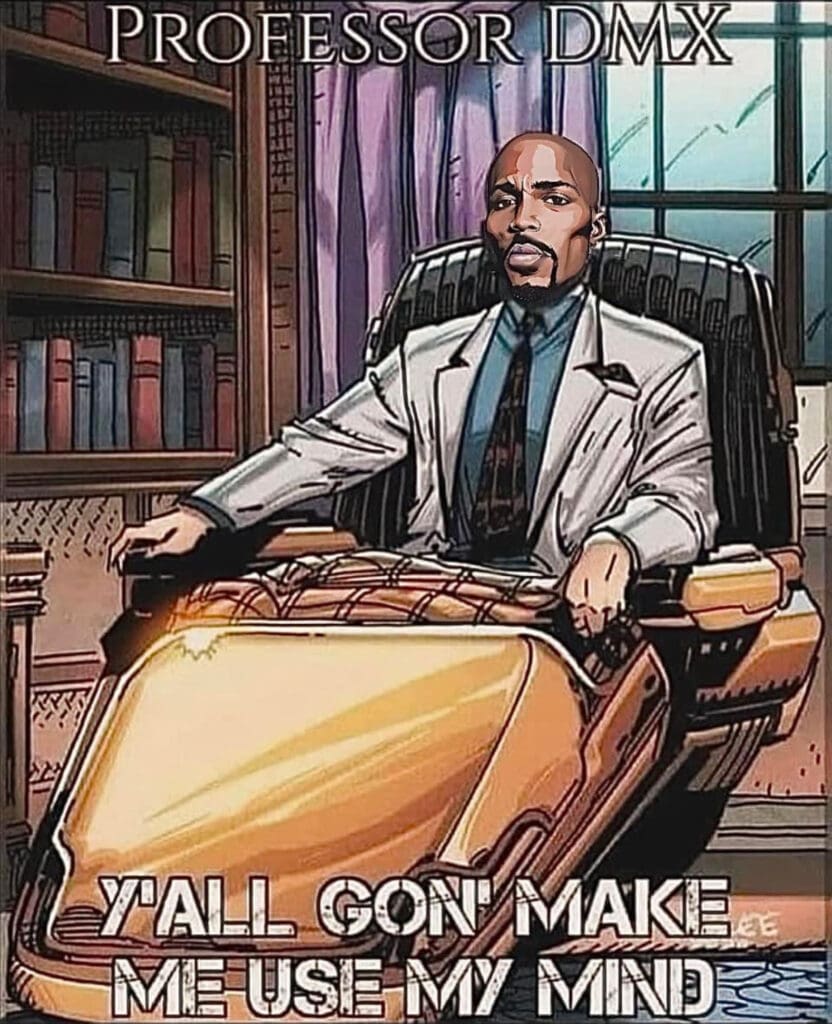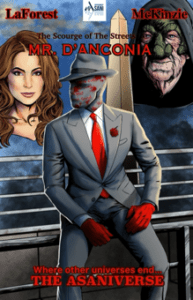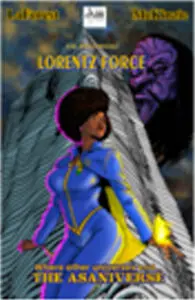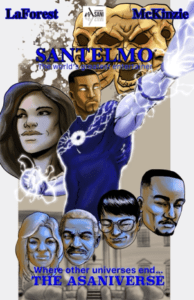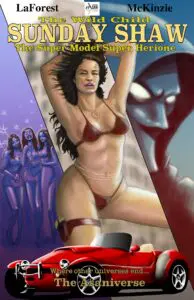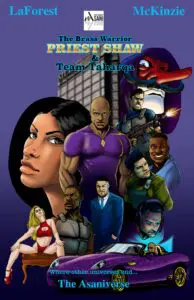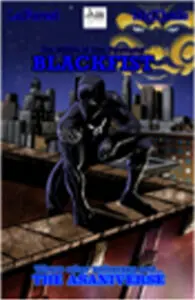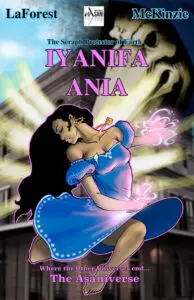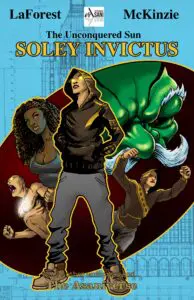Blerd
Blerd is simply shorthand for black nerd (black + nerd = blerd). Blerd describes people of color who enjoy things nerdy and geek regardless of gender, skin tone, sexuality, etc. The team at Blerd was surprised at not only how many people identified with the term, but also how many people never even heard the word before (some that were even blerds themselves).
The term became popular during 2006 when Donald Faison aka Turk stated he was a blerd in season 6, episode 2 of Scrubs titled “My Best Friend’s Baby’s Baby and My Baby’s Baby.†Since then, it has become a popular term among the poc nerd community.
Nerd (a word dating to the 1950s) has long stereotyped a socially awkward person who enjoys things like comic books, action figures, and Dungeons & Dragons. As archetypes go, nerds were typically considered white and male. The idea of a black nerd —that nerdy things could be enjoyed by black people, that nerdiness wasn’t just the domain of whiteness—was rare in popular culture.Â
In fact, the character Steve Urkel from Family Matters, a black nerd, was considered so odd and surprising he became the most popular character on the show and a 1990s icon. Dr. Alvin Poussaint, who worked for The Cosby Show, went so far as to say that Urkel was “the kind of kid black kids would not want to be and would also accuse of trying to be white.†from Harry Potter to Marvel movies, nerdiness got woke —and the term blerd, a blend of black and nerd, was born.
First off, understand that the word and concept blerd acknowledges that nerdiness has historically been racially constructed, with stereotypically “nerdy†things either excluding black people or perceived as undesirable in black culture. That said, blerd is mostly used positively—as a proud self-identifier. And don’t heap more stereotypes on the blerd. They don’t necessarily prefer Miles Morales to Peter Parker or Lando Calrissian to Han Solo.Â
